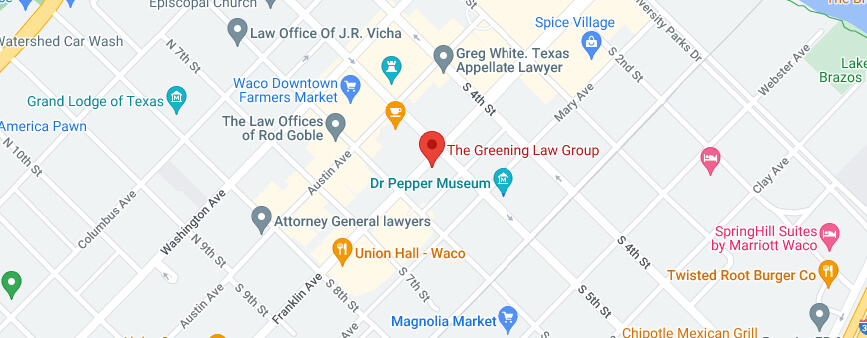Most states have the “felony murder” rule, which dictates that a person can be held liable if, while they are committing certain felonies, someone dies as a result of their actions or those of a coconspirator. But in at least 13 states, including Texas, liability for deaths under the felony murder rule is extended even further: A person can be tried for the fatal actions of a third party, such as a police officer, if the death is deemed a reasonably foreseeable outcome of the crime.
Texas law specifically states if a person commits or attempts to commit a felony (any felony), other than manslaughter, and in the course of and in furtherance of the commission or attempt, or in immediate flight from the commission or attempt, he commits or attempts to commit an act clearly dangerous to human life that causes the death of an individual.
Under the felony murder rule, then, if individuals participate in a felony offense that results in a death, the death is considered to be a murder. This is the case even if an individual only had minimal involvement in the felony offense or if the individual had no intent to kill anyone in committing the offense.
For instance, police pull over a car filled with four people suspected of committing an armed robbery earlier that evening. Three seconds after one of them hops out and starts running, and officers open fire, fatally striking the running assailant in the back.
The officers normally don’t face any consequences for the shooting. Instead, prosecutors will charge the three friends in the car. Even though none of them had fired a single shot, the three people in the car can be charged with murder.
If you have been charged with murder, or any related criminal charges, call The Greening Law Group today for a free consultation with an experienced attorney.










